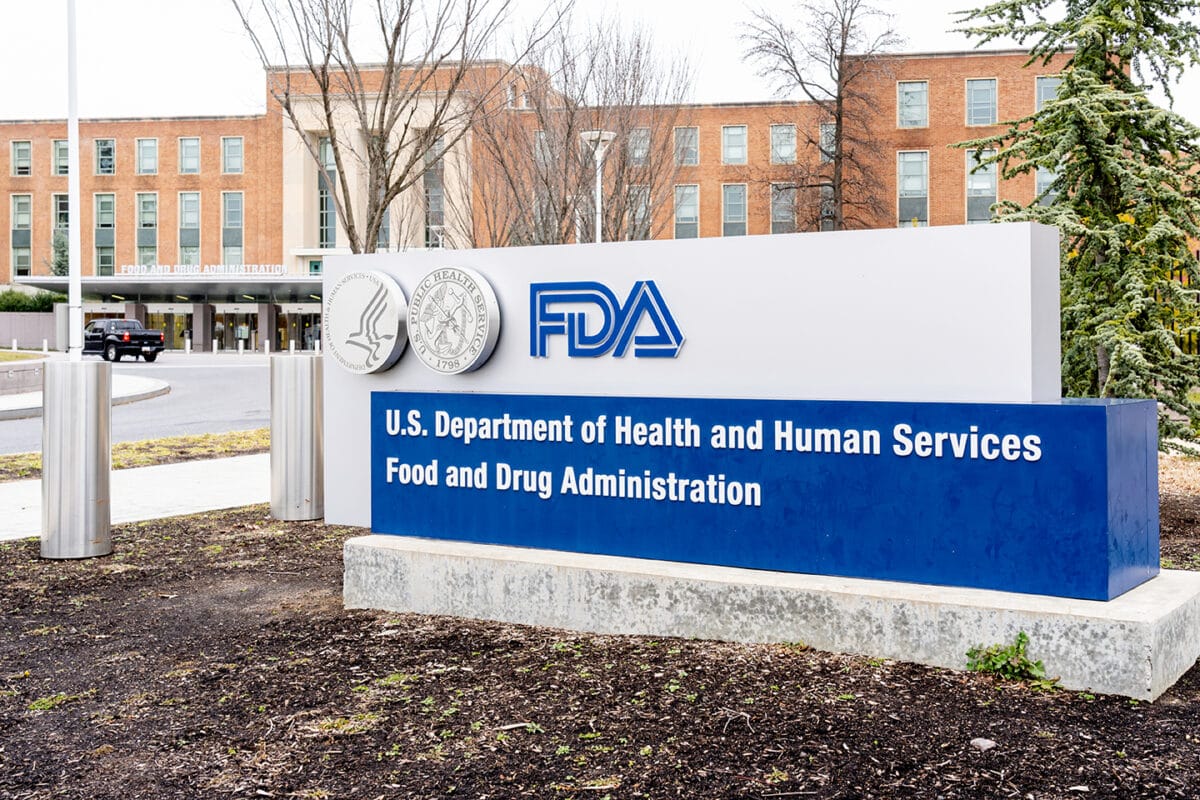Over the past decade more and more specialty pharmacies obtained wholesaler/distributor (WDD / 3pl) licenses in addition to the traditional pharmacy license. Most of the therapies sold under those licenses are direct-to-provider for in office/clinic administration and commonly buy-and-bill. As you probably know, a majority of these meds are very high cost and are related to a limited / exclusive distribution program with the manufacturer.
The FDA is now moving to impose new rules that will supersede state regulations for these transactions, such as requiring national licensing, and ramped up operational standards and more. Legal experts on this matter believe that the proposed rule could have a significant impact on WDD and 3PL business operations.
This is the time that SPs distributing meds under a state wholesale/distributor licenses to immediately assess all impacts to their business model and submit comments to FDA on the proposed rule changes by June 6, 2022 (Docket No. FDA-2020-N-1663). You snooze you lose!
The FDA intends to conduct a webinar to provide an overview of the proposed rule to help stakeholders understand the proposed rules and prepare comments.
The key provisions of the proposed rule include the following:
- Definitions of additional terms to help clarify the requirements of the proposed rule and align with current industry practice and existing law, including “3PL activities”, “key personnel”, “minimal quantities”, “other logistics services”, “other than a consumer or patient”, “product”, and “wholesale distribution”;
- National licensure and application requirements for WDDs and 3PLs, as well as the federal licensure review process;
- Standards and procedures that set forth licensure denial, suspension, reinstatement, revocation, and voluntary termination, including notice and the opportunity to request a formal evidentiary public hearing under existing FDA hearing procedures;
- Requirements for pre-license and post-license inspections;
- Personnel requirements and qualifications necessary for licensure;
- Surety bond requirements for WDDs;
- Requirements to establish good storage practices, including personnel requirements and qualifications necessary for good storage practices compliance;
- Requirements and standards for written policies and procedures to address a product’s sale, purchase, receipt, examination, security, storage, handling, inventory, shipment, transportation, disposition, and distribution;
- Requirements, standards, and procedures for record keeping, document maintenance, and initial and annual reporting; and
- Requirements, standards, and procedures for the FDA’s approval of third-party accreditation or inspection services or programs (“approved organizations” or “AOs”) to review the qualifications of 3PLs for licensure and conduct inspections of 3PL and WDD facilities, including the standards and procedures for organizations whose requests for approval are denied and for AOs whose approvals are suspended or revoked.
CLICK HERE to access the full Proposed FDA Rule
CLICK HERE to read the FDA Press Release including links to related documents
———————————————————————-
FDA Publishes Proposed Rule on National Standards for The Licensure of Wholesale Drug Distributors and Third-Party Logistics Providers as Required by The Drug Supply Chain Security Act
March 11, 2022 — The US Food and Drug Administration (FDA) published its proposed rule National Standards for the licensure of Wholesale Drug Distributors and Third-Party Logistics Providers on February 4, 2022. The proposed rule sets national standards for the licensing of prescription drug wholesale distributors (WDDs) and third-party logistics providers (3PLs) with the goal of strengthening the security of the US drug supply chain. When finalized and effective, these licensing regulations will preempt state and local licensing standards, requirements, and regulations that are different from these federal requirements.
CLICK HERE to read the full article from the National Law Review


